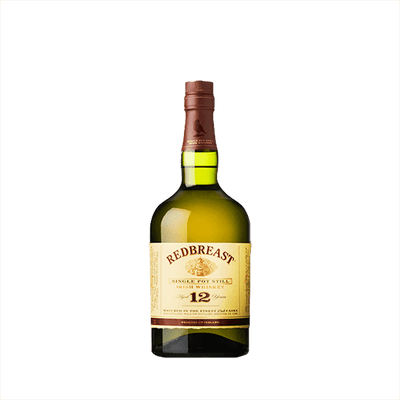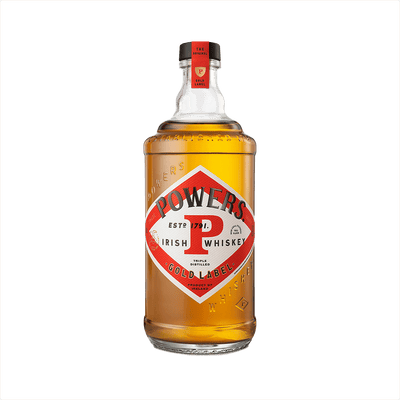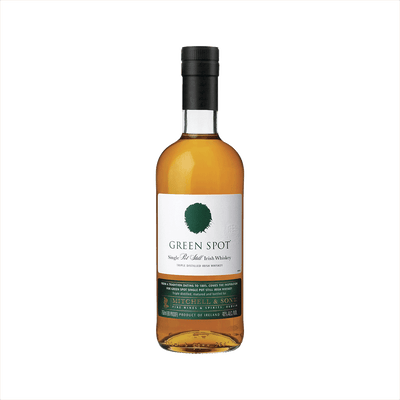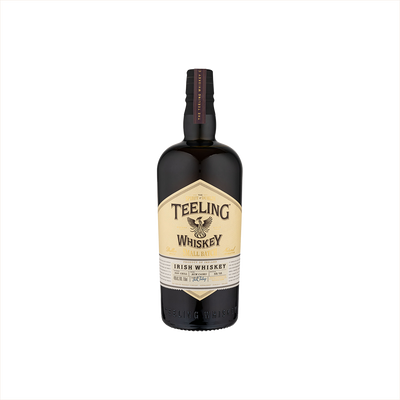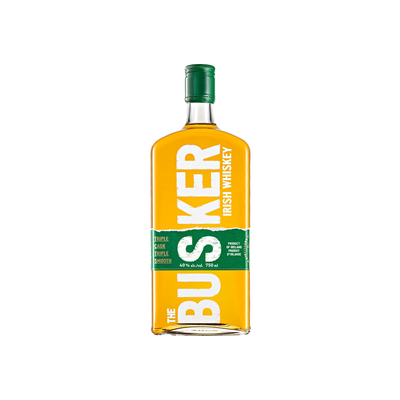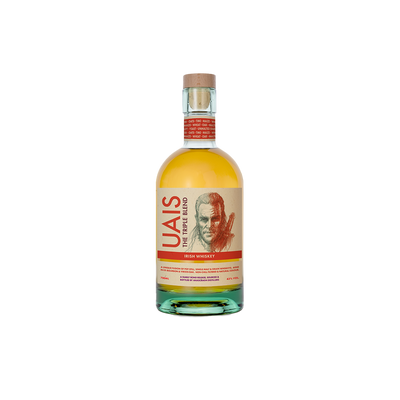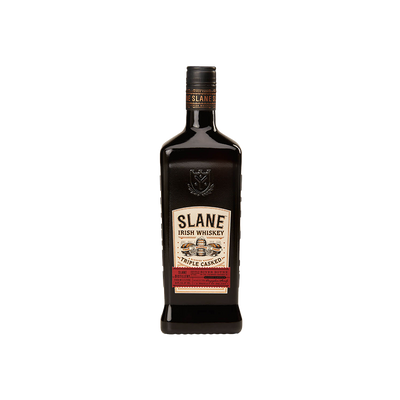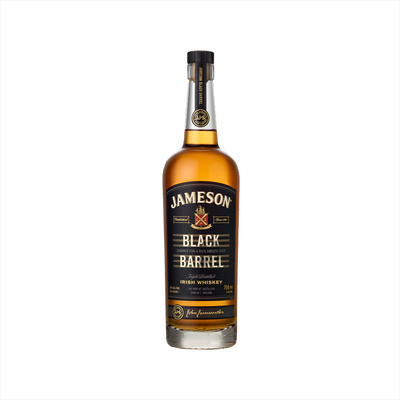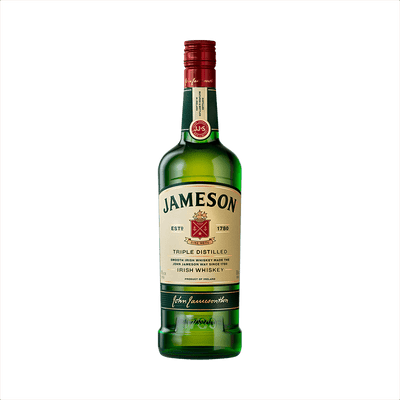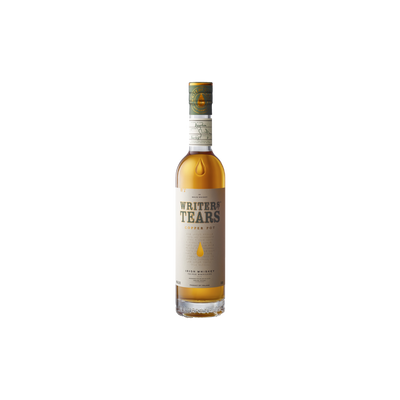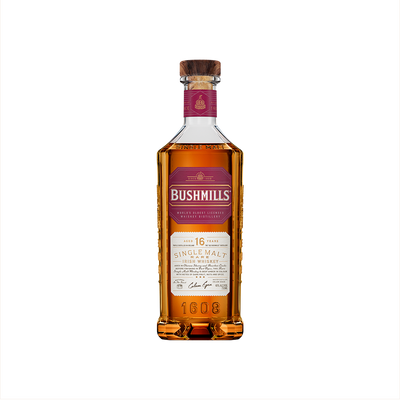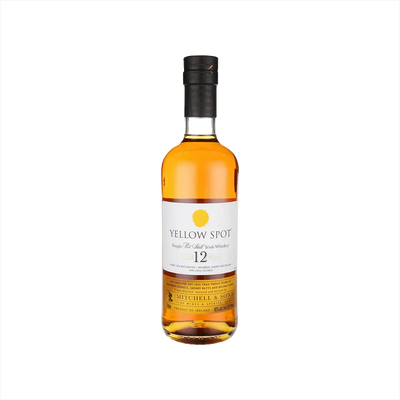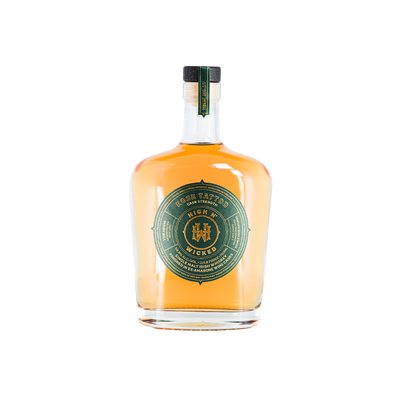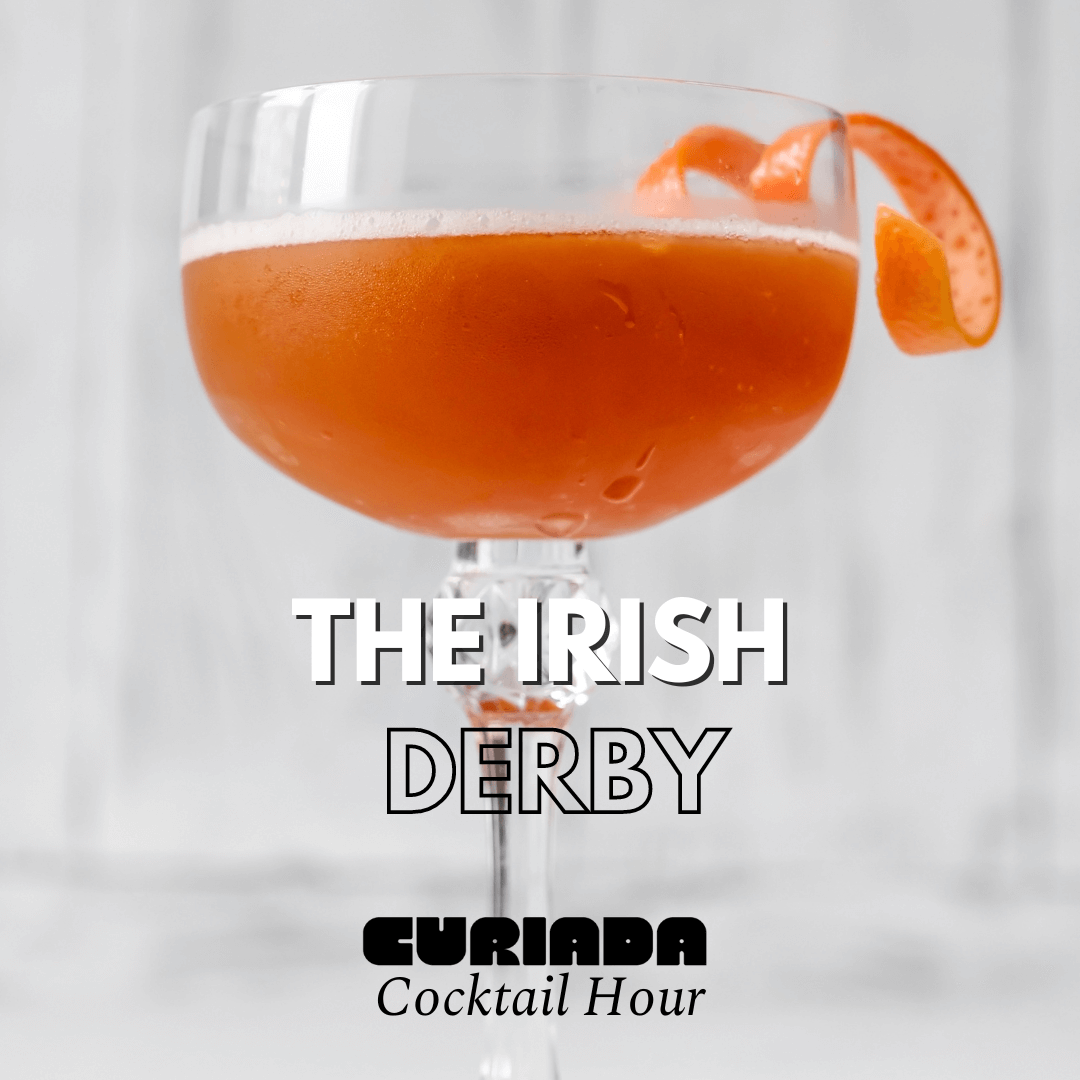
The Irish Derby
Ingredients:
-
1.5 oz Irish Whiskey
-
.5 oz Pierre Ferrand Dry Orange Curaçao
-
.5 oz sweet vermouth
-
.5 oz freshly squeezed lime juice
-
2 dashes Angostura Bitters
Directions:
- Add all ingredients to a cocktail shaker.
- Fill with ice and shake until well chilled, about 20 seconds.
- Strain into a chilled cocktail glass.
- Garnish with a lime twist.

